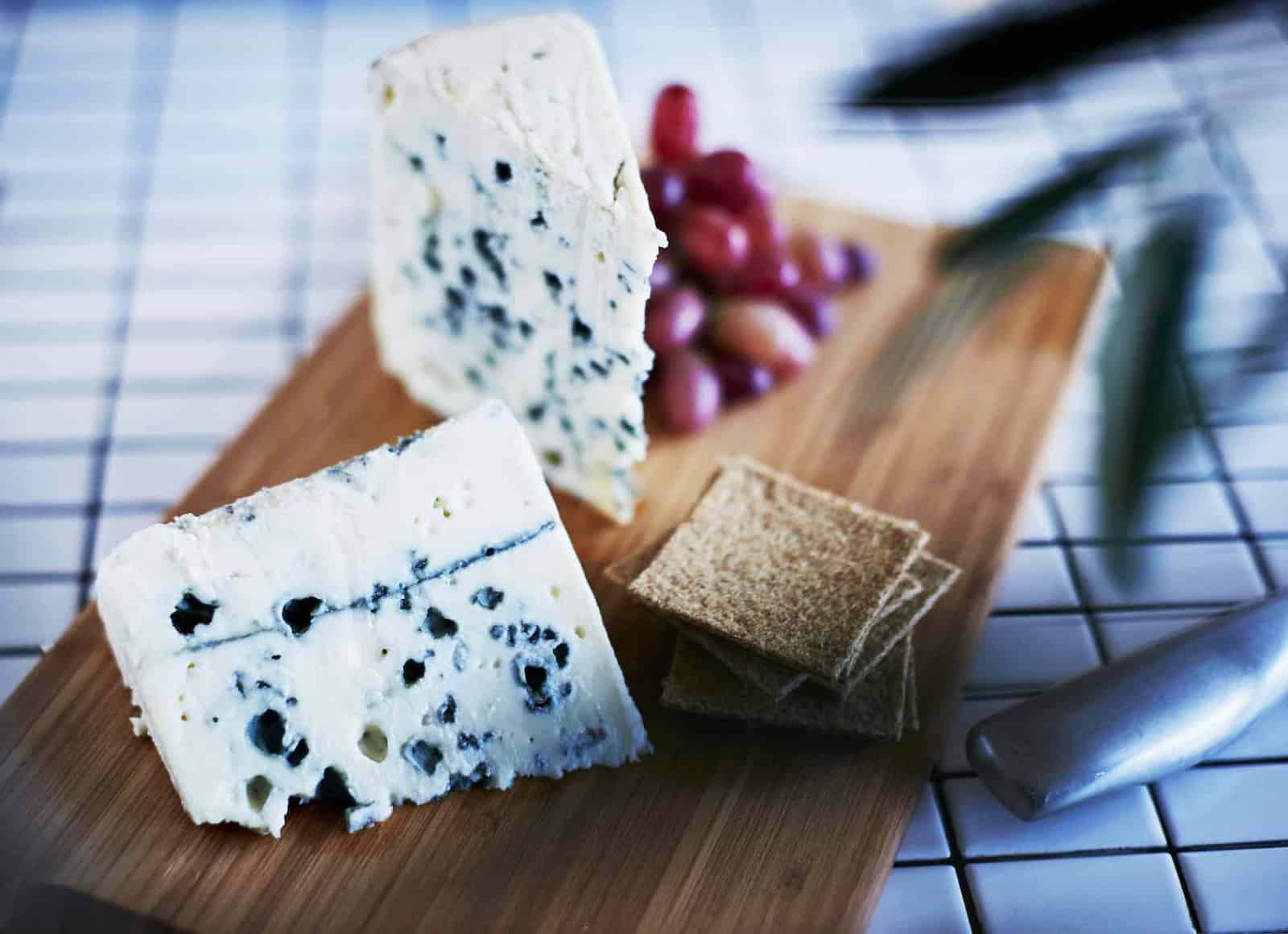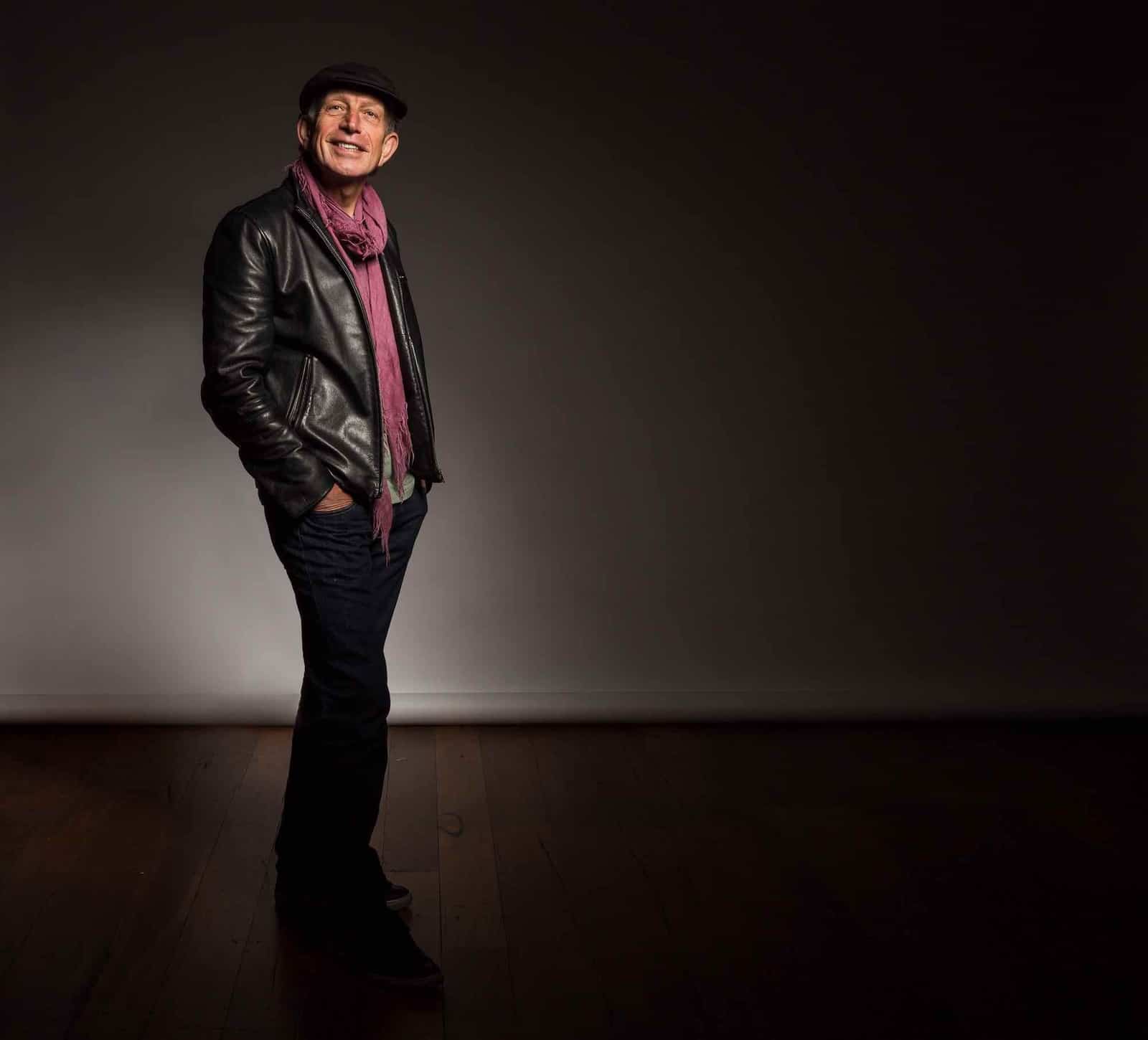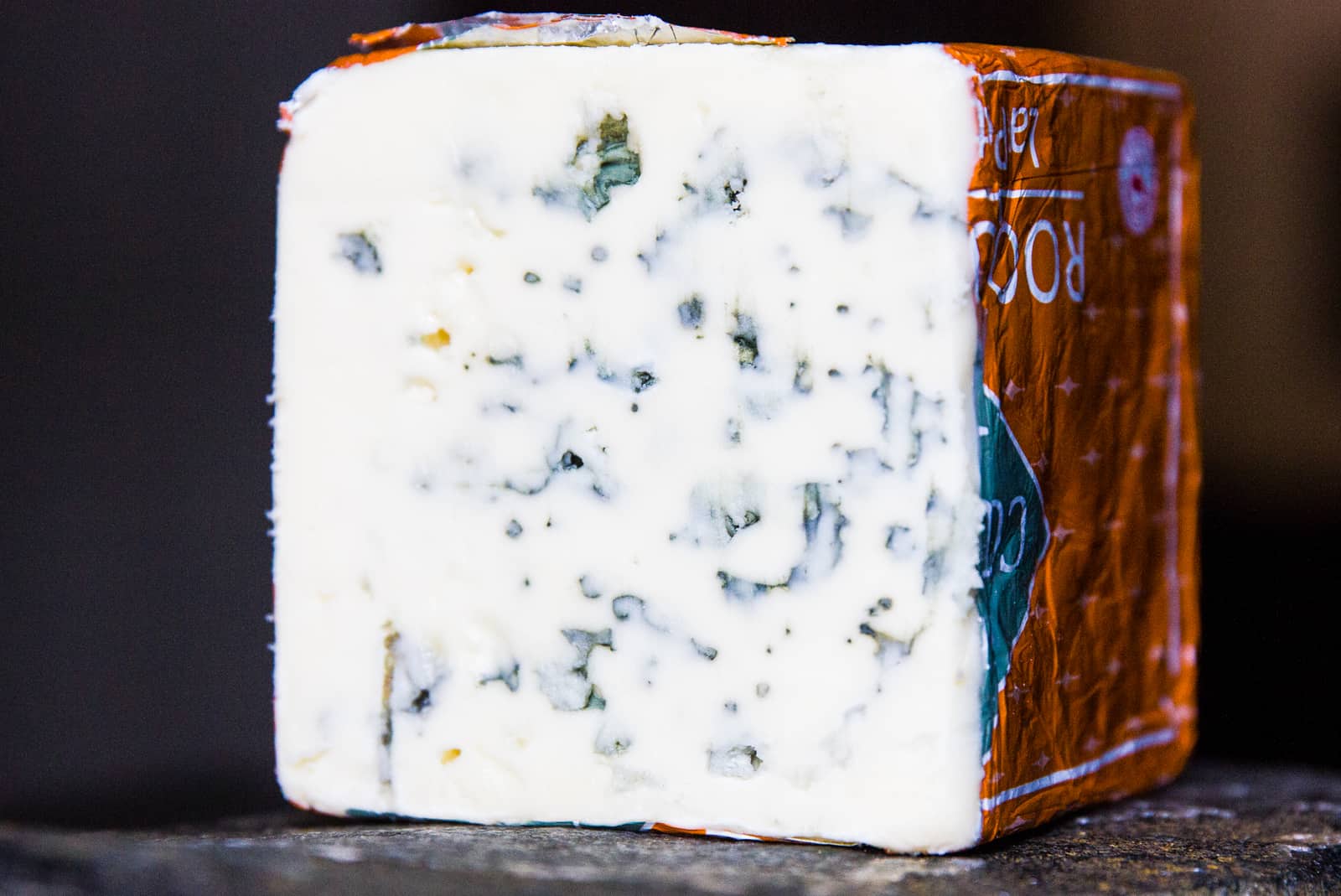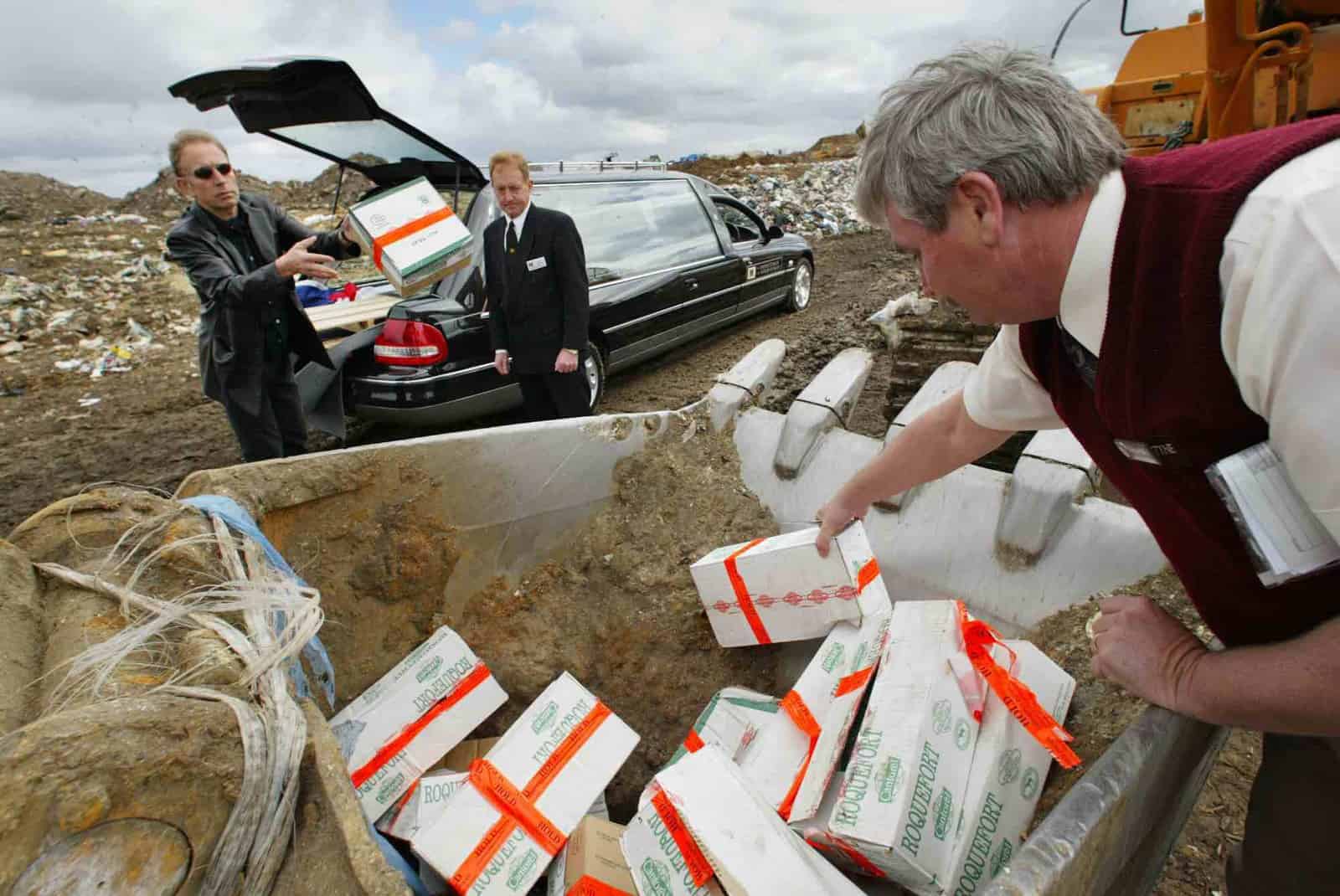
Will Studd, cheese expert and host of Cheese Slices, brings us the tale of how Roquefort was nearly erased from Australian cheese counters, and how he changed history.
It’s been more than two decades since Australian authorities announced that regulations allowing the sale of raw milk cheese after a 90 day holding period would be changed: Instead, a new national food code banned the sale (and local production) of ALL raw-milk cheese.
You can imagine the reaction when the Italian community discovered that short-sighted bureaucrats had banned the sale of Parmigiano Reggiano and Grana Padano. The Swiss weren’t far behind in lodging their protests either. Concerned about the precedent it would set to their thriving export business, they opened diplomatic discussions with the Australian Department of Trade with a veiled threat to take the matter to the World Trade Organization.
It was no surprise then when special exemptions were announced allowing the sale of Swiss cheese and “very hard cooked” cheeses, made from curds heated to 118°F or “the equivalent level of bacteria reduction.”
While the exemption satisfied the Italians and Swiss, local producers were divided on the implications of the new regulations as the ban outlawing all other types of raw milk cheese continued.
Roquefort Goes to Court
In my view, the repercussions for the future of “real” cheese in Australia were huge. It was time to mount my own challenge and Roquefort would be the test case. The most popular raw milk blue cheese in France, it had been freely available before the changes. If tested, it would meet the microbiological standards outlined in Australia’s Food Standards code, satisfying the “equivalent level of bacteria reduction” exemption.
In February 2002, a special consignment of 80 kilograms of pre-tested Roquefort arrived in Melbourne. It was immediately stopped at the border by import police who ordered its destruction by deep burial (or re-export) because it did not meet Australian Food Standards. A request to have the offending cheese tested by a recognized government laboratory at my expense was also rejected. It was time to start legal proceedings and appeal.
The Roquefort would spend more than a year isolated in a special cage at a warehouse whilst government authorities prepared for the case. It was a difficult period during which I was threatened with a $100,000 fine and up to 10 years jail if I continued to expose the restrictive repercussions of the case to the press.
To my surprise, the National Dairy Authority and the chairman of the Australian Specialist Cheesemakers Association also publicly condemned my actions, claiming that they were undermining the reputation of Australian specialist cheese. At one point, a local dairy industry magazine even described me as a “cheese terrorist.”
In 2003, on April Fools’ Day, the appeal was finally heard at the Administrative Appeals Tribunal in Melbourne. As officials from Canberra filled most of the seats in the small courtroom, I remember wondering why I had been so stubborn about the principles involved. I wondered too why I had ignored friendly warnings not to waste my time and money challenging government departments with deep pockets. It was another six months before I heard the outcome: I had lost the case.
The Roquefort Ruling
A few days later, under the supervision of the authorities, the Roquefort was placed in the back of a shiny black hearse draped with the French flag, and slowly driven to a very muddy public tip. There it was “deep buried,” as required by the original food direction notice, to the sounds of the French national anthem.
The story and pictures of the burial went viral. Eventually, diplomatic talks convened between Australia’s trade office and their counterparts in the French government.
Two years and millions of dollars later, the Australian food authorities published a 168-page report on why Roquefort was safe for sale in Australia, and agreed to grant it a special exemption under the code.
At the same time, they announced that there would be a review of the Australian dairy processing standards with a goal of developing a domestic code for raw milk cheese production.
Ten years later, the food regulators finally reclassified “hard cooked cheese” as pasteurized under Australian law. But much-hyped changes to the code have proved so strict and impractical that it remains virtually impossible to produce or sell any other types of raw milk cheese in Australia today.
It’s hard to believe–but today Roquefort stands alone as the ONLY raw milk cheese recognized for legal sale in Australia.







